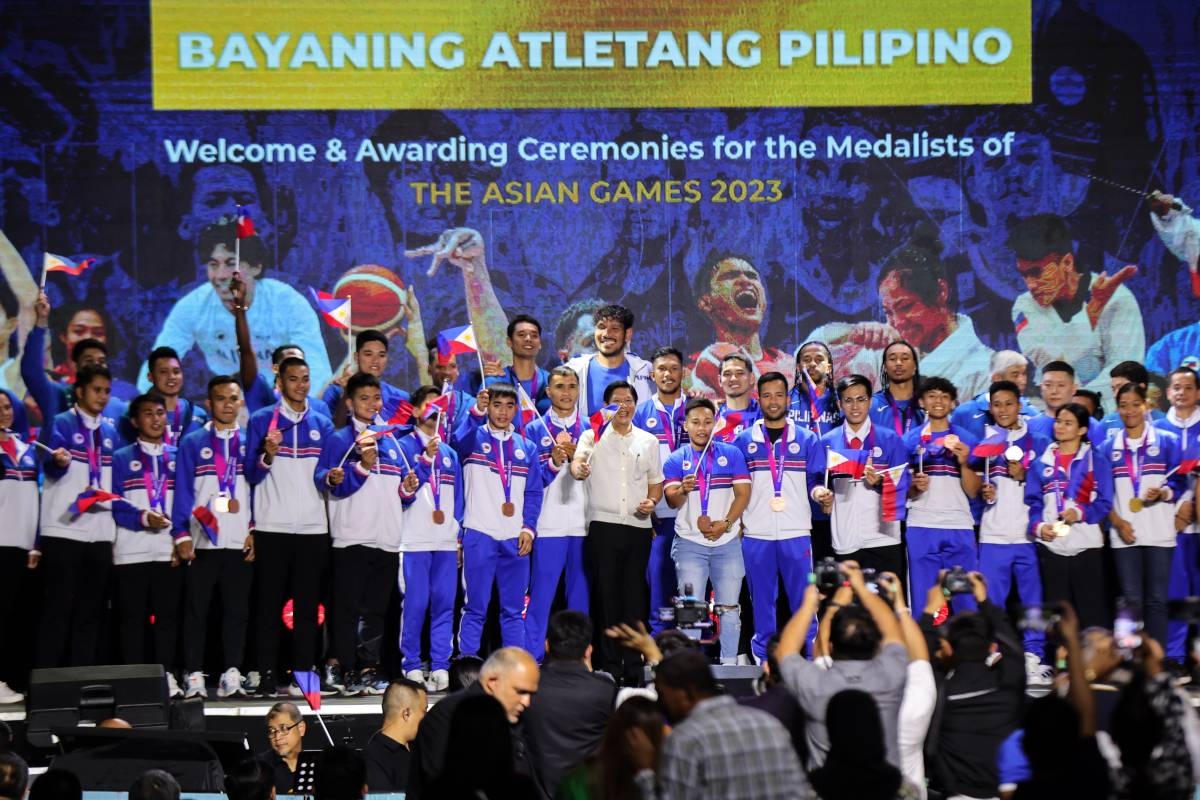In a significant move to bolster the Philippine Sports Commission’s (PSC) efforts in combating doping in sports, President Ferdinand Marcos Jr. has directed the Department of Budget and Management (DBM) to release additional funding. This funding will enable the PSC to strengthen its manpower and effectively implement its anti-doping initiatives.
The President’s decision came in response to a request from the Philippine National Anti-Doping Organization (PHI-NADO), the country’s accredited anti-doping organization under the PSC. PHI-NADO sought additional personnel to enhance the agency’s anti-doping measures, highlighting the importance of a robust system to ensure fair competition.
To gain a comprehensive understanding of the country’s compliance with the World Anti-Doping Code (WADC), President Marcos Jr. recently met with PSC Chairman Richard E. Bachmann and Executive Director Paulo Francisco Tatad. The Philippines faces the risk of being barred from participating in the upcoming Paris Olympics due to alleged non-compliance with the WADC. This meeting aimed to address this concern and showcase the government’s commitment to upholding international standards in sports.
Recognizing the need for a more structured approach to anti-doping efforts, the PSC suggested the establishment of an independent PHI-NADO. This separate office, attached to the PSC, would focus solely on anti-doping activities. In line with this proposal, a bill has been filed in the House of Representatives, seeking the creation of PHI-NADO under the PSC’s jurisdiction. The bill is currently pending with the Committee on Youth and Sports Development.
In the meantime, DBM Secretary Amenah Pangandaman assured PHI-NADO that they can utilize the funds allocated to the PSC while awaiting the approval of their request. This transitional arrangement will allow them to start working on the additional positions required to strengthen the agency’s anti-doping capabilities.
The President’s directive to release additional funding for the PSC demonstrates the government’s commitment to clean and fair sports. By investing in manpower and resources, the Philippines aims to create a level playing field for its athletes and ensure their participation in international competitions, such as the Paris Olympics.
The fight against doping in sports is a global concern, and the Philippines is determined to align itself with international standards. Through the establishment of an independent PHI-NADO and the allocation of additional resources, the country is taking proactive steps to strengthen its anti-doping measures. This commitment will not only safeguard the integrity of Philippine sports but also contribute to the global effort to promote clean and fair competition.
As the PSC continues to work towards full compliance with the WADC, the government’s support and investment in anti-doping initiatives will play a crucial role. By prioritizing the fight against doping, the Philippines sends a clear message that it values the principles of fair play and integrity in sports.
In conclusion, President Marcos Jr.’s directive to provide additional funding for the PSC’s anti-doping initiatives marks a significant step towards strengthening the country’s anti-doping measures. With the establishment of an independent PHI-NADO and the allocation of resources, the Philippines is actively working towards compliance with international standards. This commitment reflects the government’s dedication to clean and fair sports, ensuring that Filipino athletes can compete on a level playing field in international competitions.







